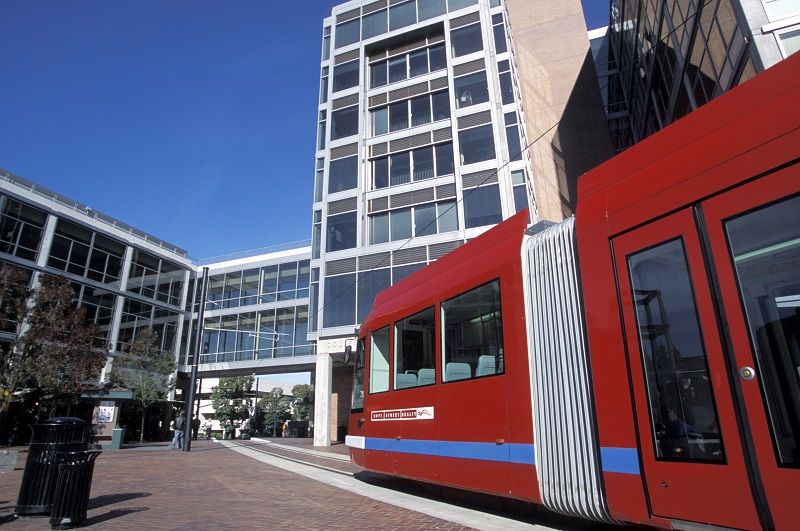FOR IMMEDIATE RELEASE, February 8, 2011
CONTACT: TODD WYNN
CASCADE POLICY INSTITUTE
TEL.: 503-242-0900
FAX: 503-242-3822
E-MAIL: TODD@CASCADEPOLICY.ORG
Oregon’s Bag Tax: The Economic Impacts on Oregonians and Retail Stores
A proposed retail bag ban in Oregon would have a significant negative economic impact according to a report released today by Cascade Policy Institute and Americans for Tax Reform.
One of the first bills likely to be voted on during this 2011 legislative session is the ban on single use bags in retail stores across Oregon. The Senate Committee on Environment and Natural Resources will hold a public hearing in Salem today at 3:00pm on the ban. If the legislature ultimately passes Senate Bill 536, it would be the first statewide bag ban in the United States.
If passed, retail stores will still be allowed to offer paper bags, but they must charge a minimum of 5 cents per bag. This minimum charge has the same effect as a new tax on consumers.
Cascade Policy Institute and Americans for Tax Reform (ATR) partnered with the Beacon Hill Institute in releasing a short report, Oregon’s Bag Tax: The Economic Impacts on Oregonians and Retail Stores, showing the financial burdens that would be imposed by the bag tax.
The report, prepared by economists at the Beacon Hill Institute at Suffolk University in Boston, found that the bag tax would have a significant negative impact on the state’s economy and on Oregonians. All other things being equal, Oregonians will allocate a portion of their spending to the bag tax and, as a result, businesses will suffer a reduction in sales and profits. The reduction in sales would lead to a reduction in employment and investment.
“At a time when voters are concerned about jobs and the economy, sponsors of this regressive bag ban seek to destroy millions of dollars of disposable income and investment in Oregon,” said ATR President Grover Norquist. “This is yet another example of government’s penchant for collateral damage – in this case slamming job seekers and the working poor.”
For fiscal year 2012, the report finds:
- The tax likely would raise between $6.2 million to $14.55 million, depending upon the economic model used.
- Oregonians would have less income to spend on other goods and services, resulting in a decline of sales and profits for retail stores. This would lead to a reduction of employment of 277 jobs and would cause annual wages to fall by $27 per worker.
- Aggregate real disposable income would fall by $2.3 million due to the increased costs felt at the retail stores across the state.
- The tax would lower investment by $2.1 million, with the bulk of the loss occurring in the retail industry.
“Banning a choice for consumers and forcing retail stores to charge a government imposed price is not the proper role of government. This tax will impose real and significant costs on Oregon families that are struggling to make ends meet,” said Todd Wynn, Vice President of Cascade Policy Institute.
About Cascade Policy Institute
Founded in 1991, Cascade Policy Institute is Oregon’s premier policy research center. Cascade’s mission is to explore and promote public policy alternatives that foster individual liberty, personal responsibility and economic opportunity. To that end, the Institute publishes policy studies, provides public speakers, organizes community forums and sponsors educational programs.











